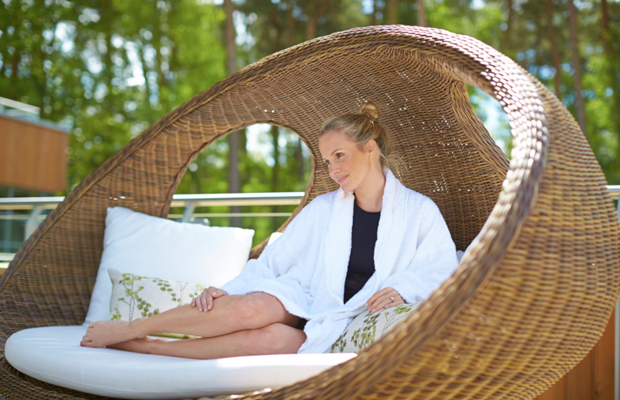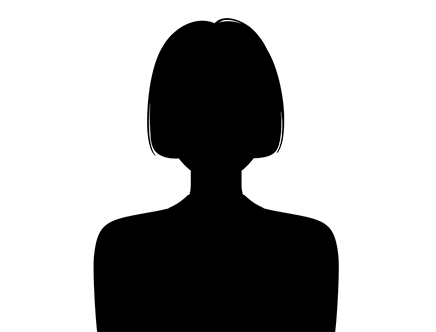
I used to believe that the only time I ever had a sleep problem was when I had small babies… and then the sleep problem was really theirs. But two things have made me think again: reading Why We Sleep by Matthew Walker, and being hit by insomnia (not in that order, although his book did raise some concerns).
Professor Walker’s book sums up the science of sleep and shows just how damaging its lack can be for all of us. There is a link between poor sleep and poor health as you get older. It also activates genes related to biological ageing in older adults. (That’s me then!) One review of 72 studies showed that disturbed sleep patterns may cause increases in blood markers of inflammation, which in turn are related to chronic conditions like diabetes and cardiovascular disease.
When I read that lack of sleep is as damaging to health as smoking, I knew I had to do something. I was waking every night at around 3.30am. My mind was full of things not done and problems that needed to be solved. I would eventually drift back to sleep after a couple of hours and then struggle to wake up in the morning.
I wasn’t functioning well during the day either: sleep helps us retain information and perform better on memory tasks. My lack of sleep meant I was forgetting things and getting short tempered. I found myself in a circle of worry and lack of sleep. I would get home from work exhausted, eat some supper, fall into bed and go straight to sleep, but then wake in the night.
A stay at a spa helped me break that cycle. A day of doing nothing, no phones, no emails and no meetings, a great massage late afternoon, and a healthy supper meant I slept well. It also gave me time to really think about how to fix the sleep problem. I took a two-pronged approach.
New mattress: The spa’s comfortable bed made me realise that I had become used to the dips and wrinkles in my ten-year-old mattress. I decided to invest in a new one.
Light: I added a blind behind the curtains to keep light out, removed all electronic devices and made it a restful room.
Temperature: I turned off the radiator. A reduction in body temperature is a key factor in getting to sleep and that may be one reason why women often have sleep problems during the menopause when they are feeling a bit hot and bothered.
Skincare: I now take my make up off as soon as I get home, spend some time putting on those skin creams I keep buying but never get around to using.
Eat light: I have a leisurely supper early on. No coffee, no alcohol and smaller portions of food are now routine. I thought giving up my evening glass of wine and post-supper coffee would be difficult but, in fact, within a few days that was the new normal.
Bath: A bath or shower an hour or so before you hit the snooze button helps reduce your body temperature, which is a key element of preparing your body for sleep. I opt for calming but uplifting aromatic bath oils like sweet orange.
Cosy time: I spend an hour or so in my robe, doing my nails or reading a book. No electronic screens before bed, so I am working my way through the books on my neglected bookshelves. The Spa Spies get to try a whole range of towelling robes at spas, my favourite and the one I use at home is a very soft and fluffy robe from Towelsoft. It is made from polyester rather than cotton which means it stays soft even after many washes.
The three months that it took to make these sleep changes have improved my life considerably. I sleep better and feel better. I still occasionally have an afternoon nap at weekends: it increases the brain’s learning capacity by 15-20%.Good sleep improves memory and creativity, both things that I value and need for my work. And just knowing that it can also help your general health as you get older makes me feel I am taking care of myself - self-care being the buzzword of the moment.
Favourite bedtime reading: Matthew Walker, Why We Sleep: the New Science of Sleep and Dreams
Judith E. Carroll et al., “Partial Sleep Deprivation Activates the DNA Damage Response (DDR) and the Senescence-Associated Secretory Phenotype (SASP) in Aged Adult Humans,” Brain, Behavior, and Immunity 51, no. 1 (2016): 223-9. Michael R. Irwin et al., “Cognitive Behavioral Therapy and Tai Chi Reverse Cellular and Genomic Markers of Inflammation in Late-Life Insomnia: A Randomized Controlled Trial,” Biological Psychiatry 78, no. 1 (2015): 721-9; and Michael R. Irwin at al., “Cognitive Behavioral Therapy vs. Tai Chi for Late-Life Insomnia and Inflammatory Risk: A Randomized Controlled Comparative Efficacy Trial,” SLEEP 37, no. 1 (2014): 1543-52.

Sybaritic Spy
31st May 2019
Spy Likes:
Warm treatment beds; fragrant steam rooms; therapists who listen to what you say; unexpected treats such as back massages that start with hot towels on your feet.
Spy Dislikes:
Small towels; crowded changing rooms; black mould in the showers; therapists who sniff; anyone who doesn't take my lavender allergy seriously - until I'm actually sick on them!
